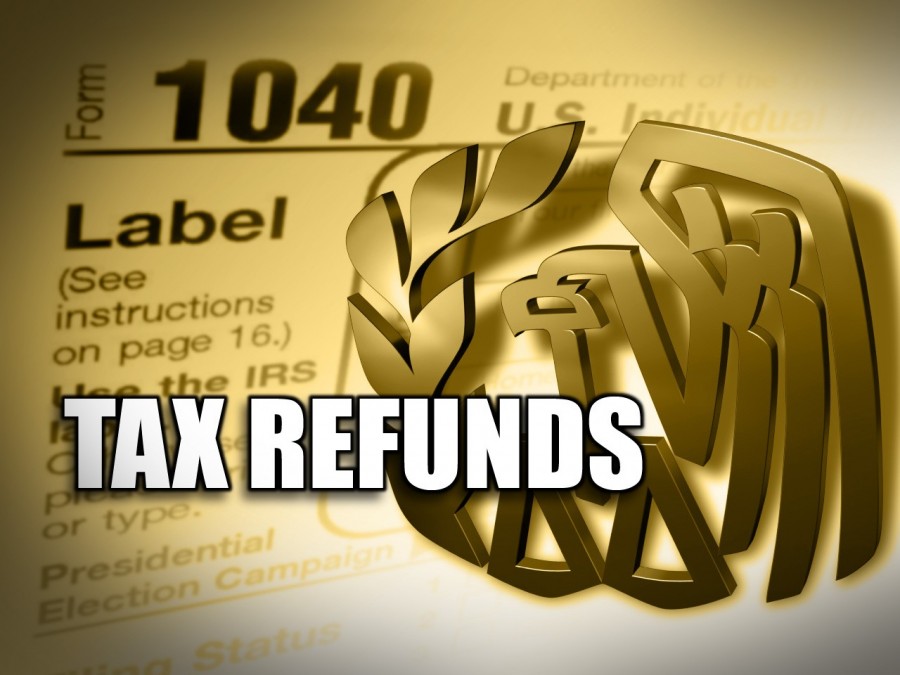Congress put a one-year freeze on growth of the alternative minimum tax last week, shielding many middle- and upper-middle income taxpayers from first exposure to the tax. But Congress' late action means the Internal Revenue Service won't be able to start processing five AMT-related forms until February, delaying potential refunds for those people until that month.
Between 3 million and 4 million people filed in January of last year using those forms, with many of those people expecting a refund, the IRS said.
The average refund in 2007 was $2,324, the agency said.
"We regret the inconvenience the delay will mean for million of early tax filers, especially those expecting a refund," acting IRS Commissioner Linda Stiff said.
As many as 13.5 million people will have to wait until February 11 to start filing with the five AMT-related forms, but the IRS said filing patterns show only between 3 million to 4 million of those people file during the early tax season anyhow.
The IRS was able to reprogram its computers to begin accepting the seven other AMT-related forms when the tax season opens in early January.
But the tax packages that will start arriving in the mail beginning after New Year's Day were printed in November, before the AMT fixes were approved by Congress. The IRS has created a special section on its Web site, http://www.irs.gov , with updated copies of AMT forms.
The alternative minimum tax was passed in 1969 and was aimed at about 155 very wealthy families who used deductions to avoid paying any federal income tax. The AMT disallows certain deductions and credits. It was not adjusted for inflation; as a result, over the years it has hit a growing number of middle-income taxpayers.
More than 4 million were subject to it in the 2006 tax year. Without the congressional fix, more than 20 million families would have been faced with an extra $2,000 tax hit on average.
The five forms affected by the delay are:
- Form 8863, Education Credits.
- Form 5695, Residential Energy Credits.
- Form 1040A's Schedule 2, Child and Dependent Care Expenses for Form 1040A Filers.
- Form 8396, Mortgage Interest Credit and
- Form 8859, District of Columbia First-Time Homebuyer Credit.
Any taxpayer using those forms will have to wait until February to file their taxes, the agency said. The IRS will begin processing those forms on Feb. 11, and the first refunds for those people will start going out 10 to 14 days later.
More than 100 million people got refunds during the last tax season.
The Associated Press reported on Dec. 1 that the IRS Oversight Board was warning that taxpayers could expect refund delays because Congress hadn't acted on an AMT fix.
Congress passes legislation every year to keep the tax from expanding. The fix this year was delayed by an argument between Republicans and Democrats over whether some taxes should rise to offset the cost of correcting the AMT.
The House's Democratic majority demanded that the $50 billion cost of the tax relief be paid for, mainly by closing a loophole on offshore tax havens. But Republicans' argument that the AMT shouldn't be fixed with increased taxes prevailed, with the backing of a White House veto threat.
The Dec. 19 passage of the AMT fix threw the IRS's schedule off because it takes seven weeks to reprogram the agency's computers to adjust for congressional action, the agency said.
IRS officials suggest that people file electronically to get faster refunds. People who file electronically and get direct deposits into their accounts can expect refunds in 10-14 days, while those who file with paper forms can expect a wait of as long as six weeks.
The IRS is also working with tax professionals and the makers of tax prepartion software to make sure their information is as up-to-date as possible.
"The IRS is going to continue to do everything it can to make this a fully successful filing season for the nation's taxpayers," Stiff said.
---
On the Net:
IRS: http://www.irs.gov

http://accesswdun.com/article/2007/12/205235
